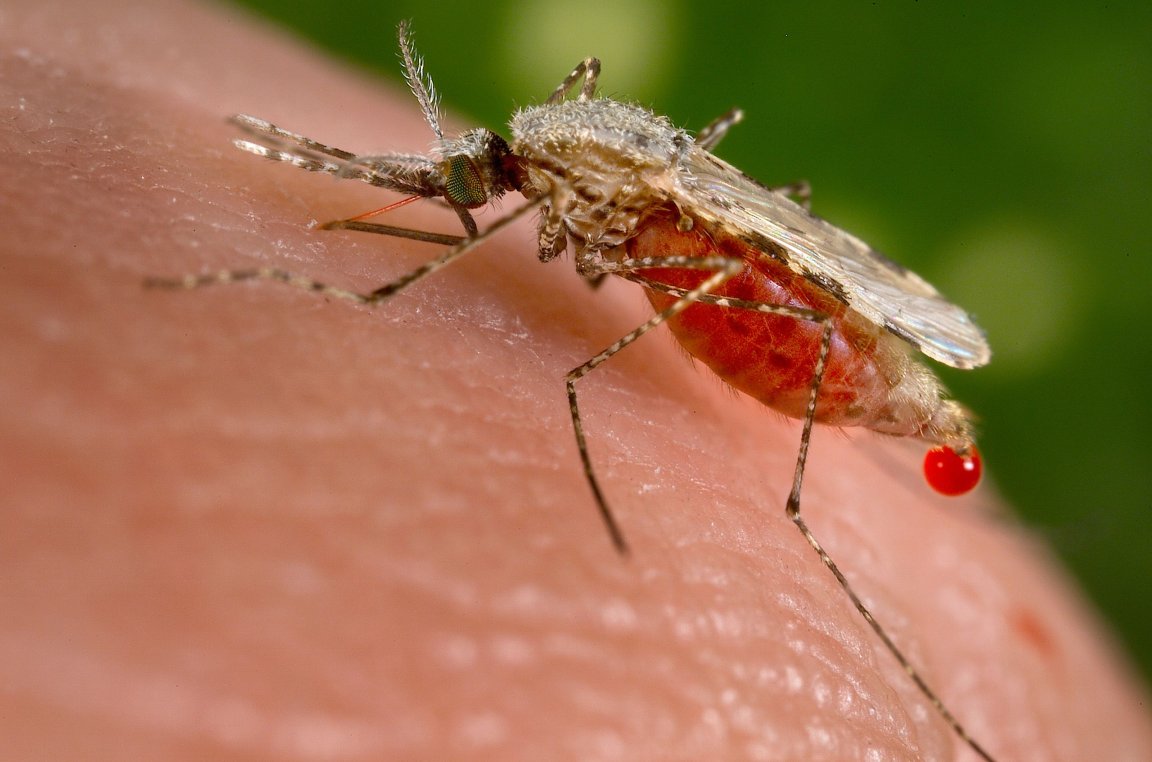
Infertility and Mosquitoes
Scientists from the Imperial College London are using what they call a “gene drive” on a certain species of malaria-carrying mosquito. The method involves engineering mosquitoes to pass on genes to the next generation that create infertile female offspring. The particular species in question is Anopheles gambiae, which are mosquitoes that are common in sub-Saharan Africa.
Ultimately, this species is responsible for more than 100 million cases of malaria each year and hundreds of thousands of deaths. The study was published in Nature Biotechnology.
The method was tested using in-cage experiments with 600 mosquitoes, half carrying the infertility gene drive with the other half being normal mosquitoes. In the span of four generations, up to 75% of the offspring carried the infertility mutations.
So say “hello” to human engineered, genetically modified micro-evolution.
Gene Drive
In naturally occurring cases of infertility in mosquitoes, female offspring inherit one mutated copy of a fertility gene for each chromosome. Using gene drives, scientists are able to ensure that, when offspring inherit only one mutated copy of the gene, it automatically has the other chromosome edited, resulting in two mutated chromosomes.
Said females were left nearly completely infertile.
Scientists have been working on alternative methods, such as helping mosquitoes develop resistance to malaria so that they can’t pass it on. To this end, utterly eliminating mosquitoes (even just one species of the insect) is more likely to alter ecosystems compared with approaches that equip the insects with malaria resistance. However, mosquito-elimination strategies will also be more difficult for malaria parasites to circumvent, as they will need to find an entirely new host. Using the “resistance” method, it is very likely that the parasite will eventually evolve and reinfect mosquitoes.
In any case, it will be some time before these methods are implemented, if ever.